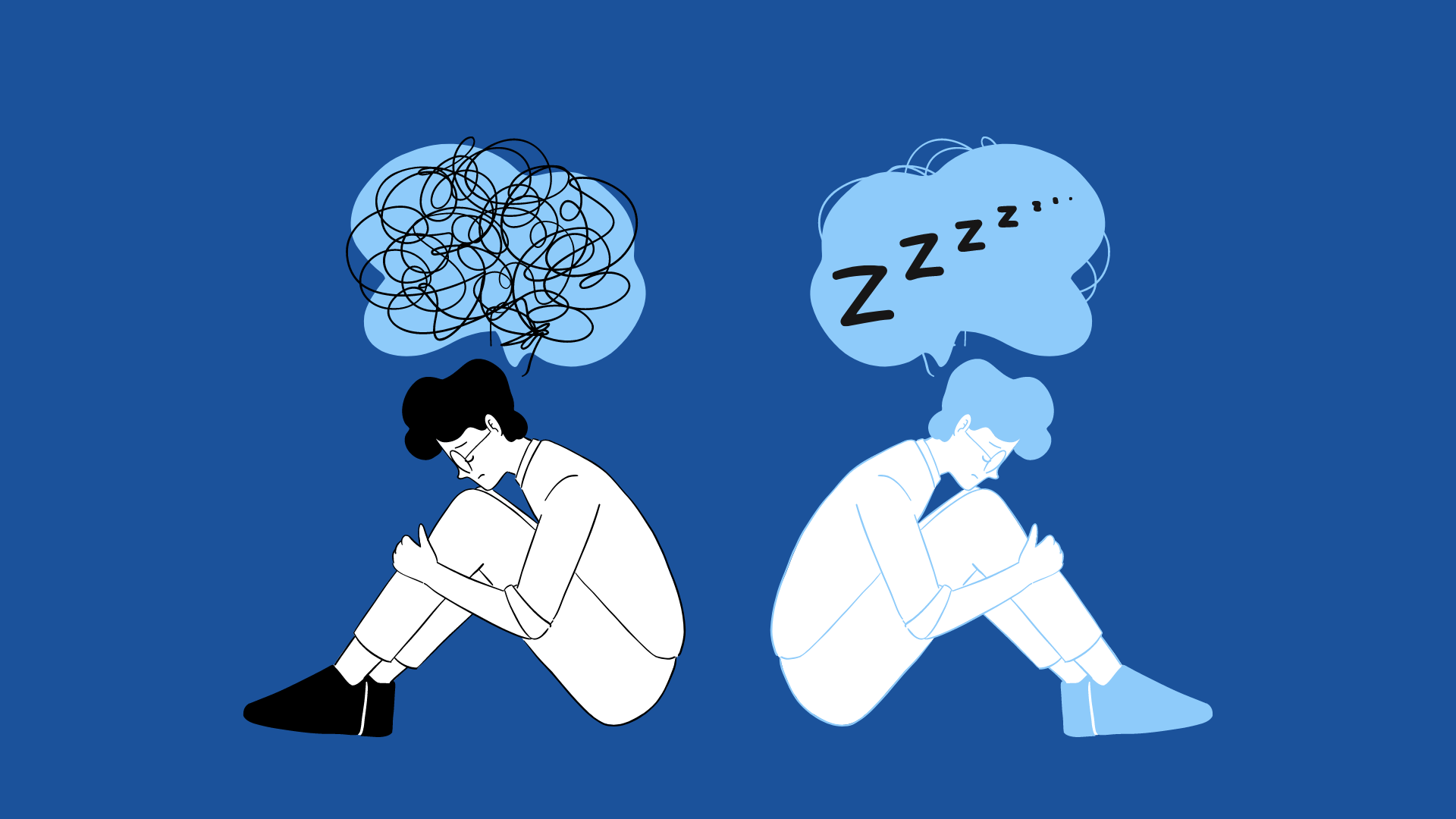In the quiet hours of the night, while the world is enveloped in darkness and most are lost in the realm of dreams, there exists a population silently battling against the relentless grip of insomnia. Insomnia, a common sleep disorder affecting millions worldwide, disrupts the natural rhythm of sleep and leaves individuals struggling to find restorative rest. In this article, we embark on a journey through the chronicles of sleeplessness, exploring its challenges, causes, effects, and strategies for survival.
Understanding Insomnia
Insomnia is a sleep disorder characterized by difficulty falling asleep, staying asleep, or achieving restful sleep despite having the opportunity to do so. It can manifest as acute insomnia, which lasts for a short period, or chronic insomnia, persisting for weeks, months, or even years. The experience of insomnia varies widely among individuals, with some struggling to initiate sleep, others experiencing frequent awakenings throughout the night, and still others finding themselves wide-eyed in the early hours of the morning, unable to return to slumber.
The Midnight Struggle
For those grappling with insomnia, the night becomes a battleground, and sleep becomes an elusive and coveted prize. While the rest of the world succumbs to the embrace of sleep, they lie awake, their minds swirling with thoughts, worries, and anxieties. The darkness seems to amplify their struggles, and each passing minute feels like an eternity as they long for the sweet release of slumber. Sleeplessness permeates every aspect of their lives, casting a shadow over their days and leaving them feeling exhausted, irritable, and unproductive.
Causes of Insomnia
Insomnia can arise from a multitude of factors, both physical and psychological. Stress and anxiety are common triggers, as the pressures of daily life can weigh heavily on the mind and prevent relaxation. Poor sleep habits, such as irregular sleep schedules, excessive screen time before bed, and the consumption of stimulants like caffeine, can disrupt the body's natural sleep-wake cycle and contribute to insomnia. Underlying medical conditions, such as chronic pain, respiratory disorders, and hormonal imbalances, can also interfere with sleep and exacerbate insomnia symptoms.
The Vicious Cycle
Insomnia often perpetuates a vicious cycle, where the fear of not being able to sleep exacerbates the problem. Individuals may develop maladaptive sleep behaviors, such as spending excessive time in bed, napping during the day, or relying on sleep aids, which can further disrupt their sleep patterns. As the cycle continues, insomnia becomes deeply ingrained, and breaking free from its grip becomes increasingly challenging. The fear of another sleepless night looms large, creating a constant sense of dread and anxiety that further fuels the insomnia cycle.
Effects of Insomnia
The effects of insomnia extend far beyond the nighttime hours, permeating nearly every aspect of an individual's life. Daytime fatigue, irritability, and difficulty concentrating become constant companions, impairing cognitive function and diminishing overall quality of life. Relationships may suffer as the toll of sleeplessness weighs heavily on both the afflicted individual and their loved ones. Physical health may also be compromised, as chronic sleep deprivation has been linked to an increased risk of various medical conditions, including obesity, diabetes, cardiovascular disease, and mental health disorders.
Navigating the Insomnia Journey
While the journey through insomnia may feel like an uphill battle, there are strategies and techniques that can help individuals cope and manage their symptoms. Establishing a consistent sleep schedule, creating a relaxing bedtime routine, and optimizing the sleep environment can promote healthy sleep habits and improve sleep quality. Cognitive-behavioral therapy for insomnia (CBT-I), a structured approach that addresses the underlying thoughts, behaviors, and emotions contributing to sleep difficulties, has been shown to be highly effective in treating insomnia and promoting long-term sleep health. Additionally, relaxation techniques such as deep breathing, meditation, and progressive muscle relaxation can help calm the mind and body and facilitate the transition to sleep.
Finding Hope in the Darkness
Though the struggles of insomnia may feel overwhelming, there is hope for those who persevere. By addressing the root causes of insomnia, adopting healthy sleep habits, and seeking support from loved ones and healthcare professionals, individuals can begin to reclaim control over their sleep and restore balance to their lives. Each step forward, no matter how small, brings them closer to the light at the end of the tunnel—a place where sleeplessness gives way to serenity, and the journey through the chronicles of insomnia reaches its long-awaited conclusion.




